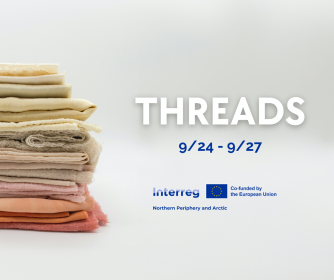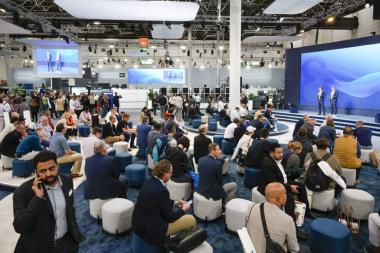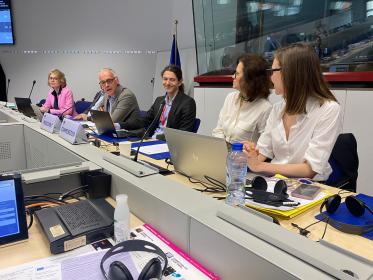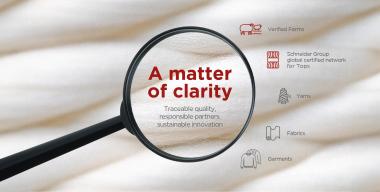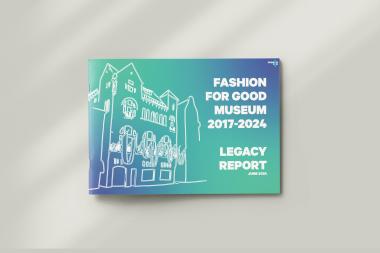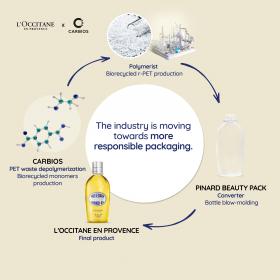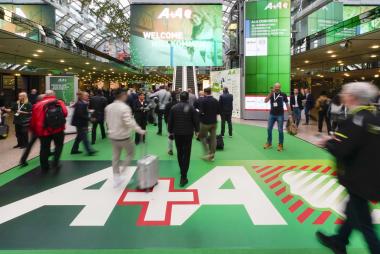2nd Bangladesh Circular Economy Summit
Fashion industry leaders, organizations, and government representatives came together for the 2nd Bangladesh Circular Economy Summit in Dhaka to exchange insights and expertise aimed at advancing circularity within the apparel and textiles sector in Bangladesh.
The Summit, organized by the Bangladesh Apparel Exchange (BAE) in collaboration with German development cooperation agency GIZ and in association with the Embassy of the Kingdom of the Netherlands in Bangladesh at Radisson Blu Water Garden, Dhaka on June 11, spotlighted the importance and ways of transitioning from a linear economic model to one that prioritizes resource efficiency and waste reduction.
The discussions and engagement at the summit aimed at propelling the transition from a linear to a circular model in Bangladesh’s apparel and textile industries.
The summit began with an inaugural ceremony, followed by four insightful plenary sessions, three engaging panel discussions, and an innovative breakout session. Through these platforms, participants explored strategies to accelerate the adoption of circular practices within Bangladesh’s apparel and textile industries.
Speakers at the Opening ceremony
- H.E. Jahangir Kabir Nanak, Honorable Minister for Textiles & Jute, Government of the People’s Republic of Bangladesh,
- Mr. Siddiqur Rahman, former President of BGMEA
- Mr. Thijs Woudstra, Deputy Head of Mission, Embassy of the Kingdom of the Netherlands in Bangladesh
- Mr. Jan Janowski, Deputy Head of Mission, Embassy of Germany in Bangladesh
- Mr. Mostafiz Uddin, Founder & CEO, Bangladesh Apparel Exchange
Bangladesh Apparel Exchange














